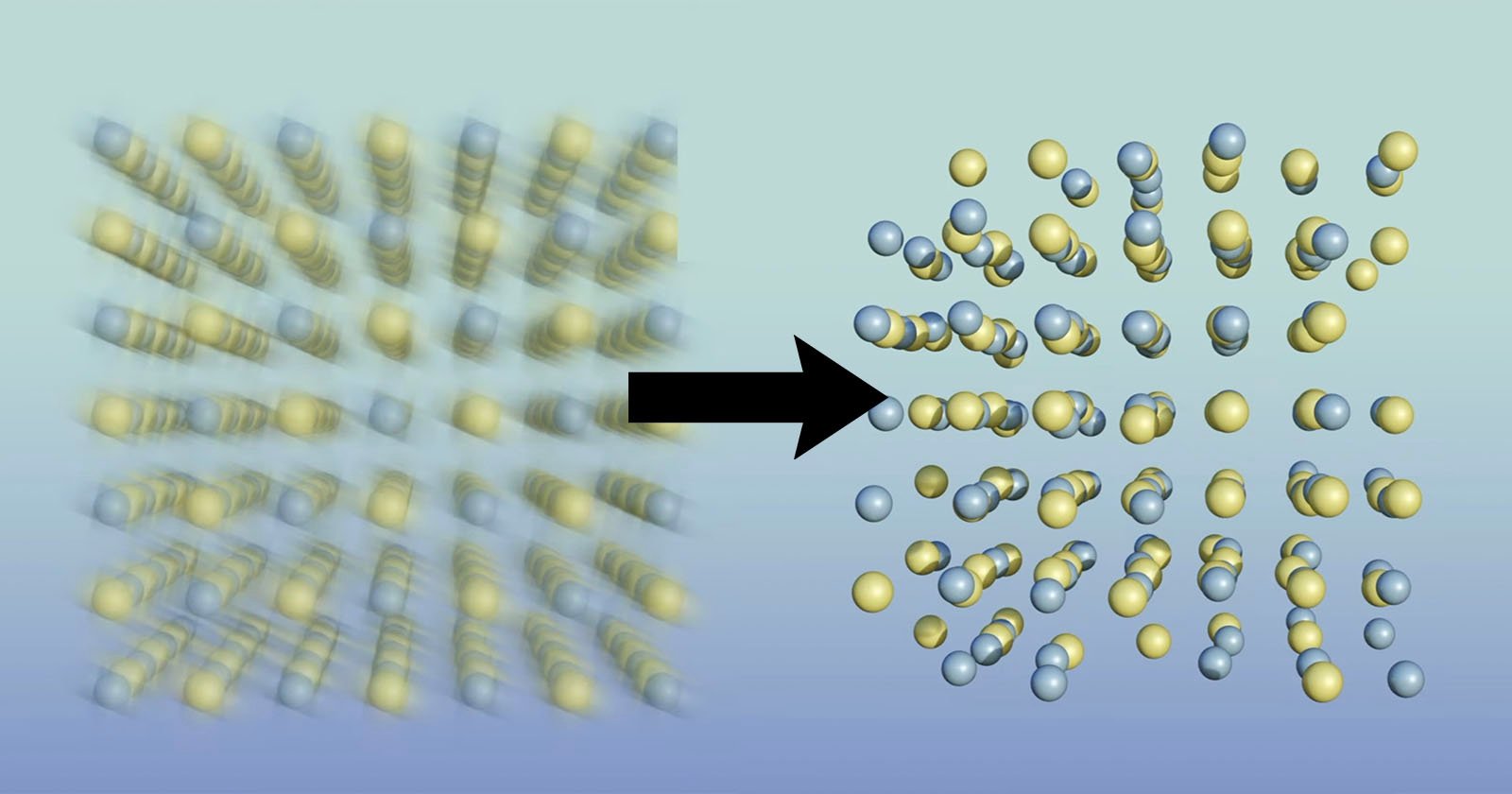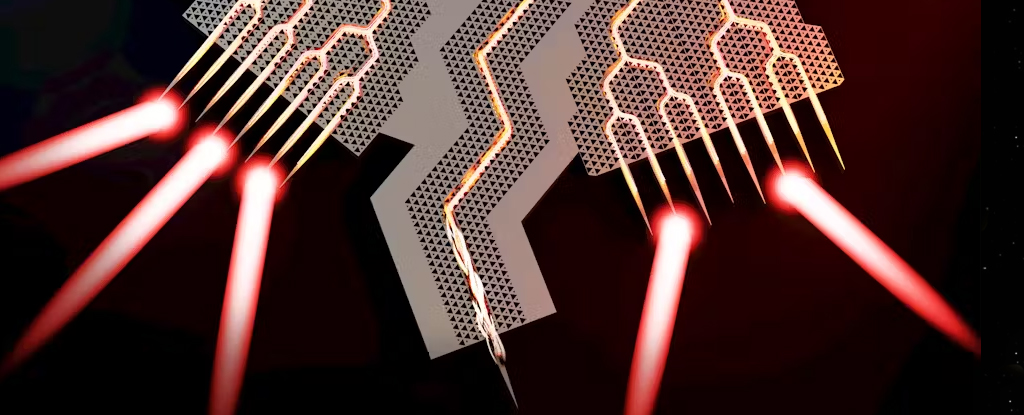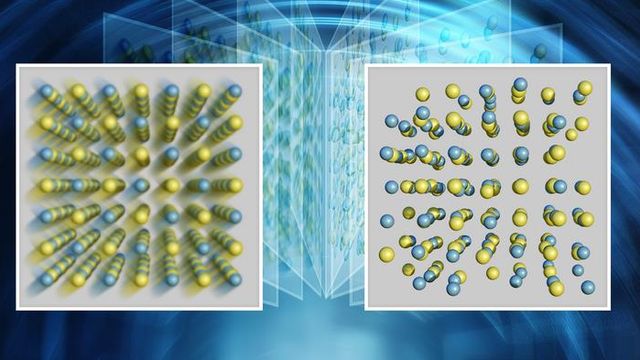
Researchers have created a new camera that features a shutter speed so fast, it can see atomic structures without blur.

Imagine a future where internet connections are not only lightning-fast but also remarkably reliable, even in crowded spaces.

Speeding up a camera shutter a million million times enables researchers to understand how materials move heat around and is a major step in advancing sustainable energy applications.

The team behind the research, from the University of California, Riverside (UCR), says that the work has huge potential, not just for boosting hardware performance but also increasing efficiency and significantly reducing energy use.

To accurately measure the Universe on the smallest scales, you need a laser with the perfect mix of power and precision.

Using the Green Bank Telescope (GBT), US astronomers have detected a new binary millisecond pulsar. The newly found pulsar, designated PSR J0212+5321, belongs to the "redback" subclass and is located relatively nearby.

An international group of researchers have achieved dizzying data transmission speeds and are the first in the world to transmit more than 1 petabit per second (Pbit/s) using only a single laser and a single optical chip.

The device can be switched between its two states a trillion times a second, which is up to 1,000 times faster than today's leading commercial transistors.

Nothing built by human hands has ever traveled faster than NASA's Parker Solar Probe. In late April, it smashed two wild space records. It was clocked at over 531,000 km/hour as it zipped through the sun's outer atmosphere.

The researchers' new concept demonstrates an unprecedented receiver sensitivity of just one photon-per-information bit at a data rate of 10 gigabits per second.

The star with the smallest orbit is known as S62. Its closest approach to the black hole has it moving more than 8% of light speed. S62 orbits our supermassive black hole Sagittarius A every ten years.

Fugaku was jointly developed by Riken and the firm Fujitsu and has a speed of roughly 415.53 petaflops—2.8 times faster than the second-ranked US Summit supercomputer's 148.6 petaflops.

Researchers have successfully tested and recorded Australia's fastest internet data speed, and that of the world, from a single optical chip - capable of downloading 1000 high definition movies in a split second.

Wang, Bren has developed a new camera that can take up to 1 trillion pictures per second of transparent objects. The camera technology can take video also of more ephemeral things like shockwaves and possibly even of the signals that travel through neurons.

Scientists have discovered that terahertz light - light at trillions of cycles per second - can act as a control knob to accelerate supercurrents. That can help open up the quantum world of matter and energy at atomic and subatomic scales.